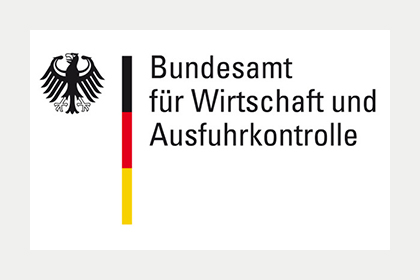The German National Metrology Institute (PTB) is a higher federal authority and research institute for science and technology based in Braunschweig and Berlin. Pursuant to the German Units and Time Act, the Institute is responsible for the definition, retention, and adoption of international units of measurements and for supplying national standards. This includes providing the exact time using atomic clocks, which is then transmitted via internet and radio wave transmitters.
The German National Metrology Institute works in close co-operation with universities, other research institutes, and industry to conduct research and development activities in the area of metrology, which provides the basis for its additional work. Coordinating with other European institutes that conduct metrological research is crucial to this work www.euramet.org. The Institute is also involved in the international harmonisation of metrology, particularly through its participation in the International Metrology Congress www.bipm.org, and in standardisation. It is also involved in technical cooperation, not least in partnership with the Federal Ministry for Economic Cooperation and Development (BMZ). Furthermore, the Institute supports developing countries and emerging economies as they build up metrological infrastructure.
The PTB is responsible for the following:
- The tasks it has been assigned pursuant to 22 laws and ordinances
- Conducting its own research and development in the field of metrology, including defining fundamental and natural constants
- Conformity assessment under national and European law, e.g. for metering devices and medical products
- Scientific and technical services for industry and for the further development of metering technology to ensure that government meets its objectives for protecting the public (consumer and environmental protection, healthcare, occupational health and safety)
- Transfer of expertise and technology to business
- Participation in national and international organisations and bodies in the fields of metrology, statutory measurement, and standardisation
- Advising the Federal Government and business
The National Metrology Institute operates a quality management system compliant with international standards (PDF: 401 KB). By doing so, it ensures that the calibration certificates, conformity assessment documentation, and other metrological evaluation reports it issues are recognised internationally. This allows German businesses to use this documentation in order to bring their products onto the market or become certified to ISO 9001.
